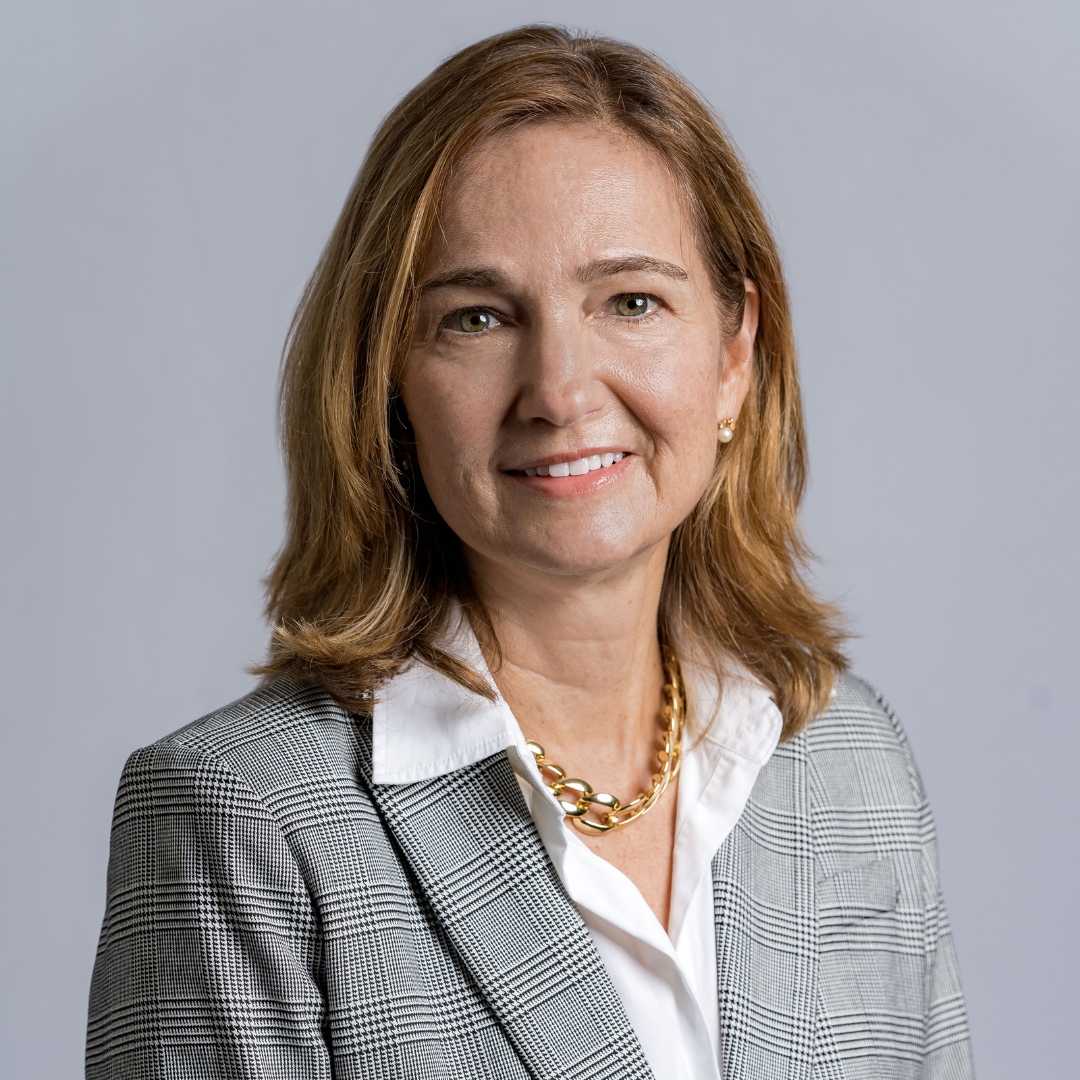What They Are and Why Children and Teens Need Them
At a time when the mental health workforce is woefully insufficient to meet the growing demand for services, the need for mental health coordinators has never been greater. Research tells a bleak story of U.S. children and youth with unmet mental health needs (anxiety, depression, eating disorders, etc.). One-in-five children and adolescents experiences a mental health condition in a given year. One-in-ten high school students attempted suicide one or more times during the past year. And 59% of youth with major depression do not receive any mental health treatment.
To help combat this dismal situation, some states are providing more support in schools because that is where children and teens spend significant time. The addition of school-based mental health coordinators — individuals who can both identify students with mental health needs and direct them to treatment options — enhances the capacity of schools
Evolution of school-based mental health coordinators
School-based mental health coordinators are a relatively new position intended to help identify children who need mental health services and make sure they are connected to the care they need either in school or the larger community. School-based mental health coordinators typically have a master’s degree in administration, counseling, psychology, social work or a related field. They do not need to be licensed behavioral health specialists, but they understand the multitiered interventions in schools and communities to support student success. They have a wide range of duties including empowering school faculty to talk with parents or caregivers about student mental health and well-being; sharing information about school and community-based wellness and mental health resources with students, parents, faculty, and staff; working with school counselors to care for students who are experiencing stress; collaborating with school mental health teams and teachers to identify school-wide or classroom trends in social, emotional and behavioral health needs and developing student programming based on those trends; and coordinating services provided to students and families by outside partners. Overall, mental health coordinators play a key role in working with the school leadership team, health services personnel, faculty, staff, parents and caregivers, students, community mental health providers, and community organizations.
The sooner children and youth in need receive mental health services, the more likely they are to stay in school, thrive in school, and reach their full potential. Schools in rural areas or high-poverty areas would especially benefit from having mental health coordinators because their
needs are high, yet fewer services are available in these communities. Children and youth can easily fall through the cracks if no one at school is working with teachers, students, and their families to find services when needs arise. Ensuring that all schools have a mental health coordinator is critical to creating a caring and supportive mental health culture in schools and reaching students early and helping them find services.
State Action
Numerous states are undergoing significant shifts in the way they approach mental health broadly within educational settings. Research recommends higher ratios of mental health professionalsto students and the funding to sustain these positions (school psychologists and counselors). Several states have passed legislation formalizing the position of a school mental health services coordinator.
For instance, in Maryland, the Safe to Learn Act of 2018 mandates that every local school system appoint a designated mental health services coordinator. The coordinator oversees and facilitates the implementation of mental health services within the school system.
In Alabama, new legislation requires every local education agency (LEA) and independent school system to designate a mental health services coordinator. This coordinator is entrusted with spearheading the organization and delivery of mental health services within the education systems.
Recommendations
To increase access to services and enhance prevention efforts, First Focus on Children recommends that federal policymakers:
- Strongly encourage the presence of school-based mental health coordinators in every school and not just one per school district
- Allocate federal funding specifically for hiring and training school-based mental health coordinators

